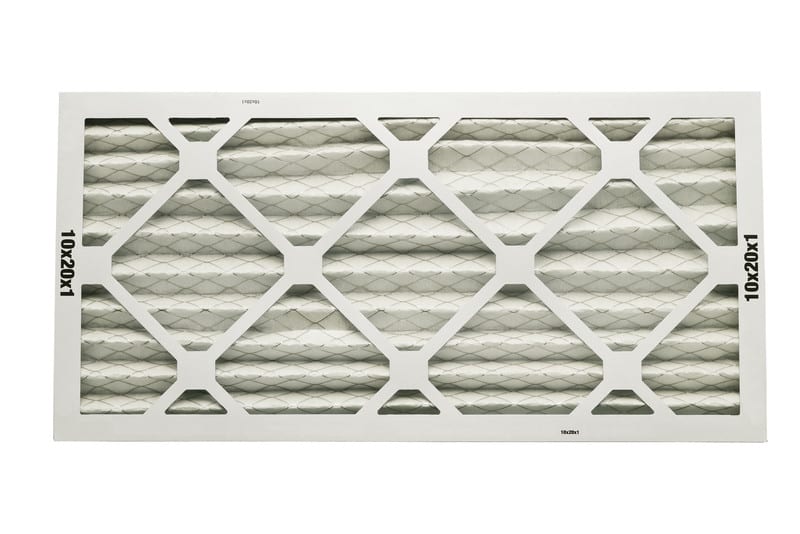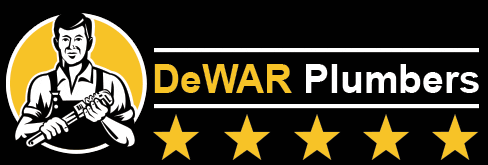Boiler Filter Replacement
Thursday, June 19th, 2014
Boiler Filter Replacement – As with virtually any component associated with a HVAC (Heating, Ventilation and Air Conditioning system, your oil or gas boiler needs to be properly maintained in order for it to run at its optimum efficiency levels. An often overlooked form of boiler maintenance which must be carried out fairly regularly is the process of boiler filter replacement.

Boiler Filter Replacement
Luckily enough, boiler filter replacements are reasonably easy to carry out. Despite the fact that there are a great many different types of gas and oil boilers on the market, the boiler filter replacement process is fairly standardised and does not offer a whole lot of variation from the norm. Your plumber will be able to replace a boiler filter regardless of what kind of boiler you own.
What does a Boiler Filter do?
A boiler filter is a device which is attached to your boiler and used to remove unwanted elements (dirt, dust, allergens etc.) from the air which circulates through a building. They are typically located where the return air duct of the HVAC system meets with the boiler itself.
You may, on occasion, hear of boiler filters being referred to as ‘furnace filters’. This is what they are known as in America, but ‘boiler filter’ is a much more commonly used term in places like Ireland. Please note that the boiler filters being discussed here serve a different function to the similarly named MagnaClean Filters which are used to remove black iron oxide from radiator systems.
Different Types of Boiler Filters:
There are several different kinds of boiler filters to choose from which vary in terms of pricing and effectiveness. The main types are outlined below as a guide to help you figure out what kind of boiler filter best suits your specific needs:
Fiberglass Boiler Filters:
Boiler filters which are constructed from fiberglass are the cheapest option available to you. Although they are inexpensive to purchase, their main drawback is that they only filter about ten percent of dust particles when operating. They also need to be replaced quite frequently (every month or so), meaning that they are not considered sound long term investments by most professionals.
Pleated Boiler Filters:
A pleated boiler filter could be considered a ‘level up’ from a fiberglass boiler filter in that they are more effective when it comes to air filtration. Pleated boiler filters will typically remove between thirty and forty percent of air based particles and tend to need replacement every three months based on typical use.
Electrostatic Boiler Filters:
Generally believed to be the very best boiler filters that money can buy, electrostatic boiler filters remove about 90% of unwanted particles (dust, allergens etc.) from the air. Another great advantage of electrostatic boiler filters is that they are a once off purchase which doesn’t need to be replaced. They do. however, need to be washed about four times a year in order to prevent excessive grime build up, but this is fairly easy to do. If you choose an electrostatic boiler filter you aren’t throwing out old filters regularly so are doing your bit for the environment by not generating waste.
Precautions to be Taken Before Carrying Out a Boiler Filter Replacement:
- You should check all the parts of your boiler for damage, especially corrosion. Special attention should be given to the boiler’s flue. Any damaged parts should be repaired or replaced by a professional tradesperson without delay.
- One useful and potentially life-saving device that you should have installed if your home heating system has an oil or gas boiler is a carbon monoxide detector. In the event that your boiler begins to leak the carbon monoxide detector will act as an early warning system and sound an alarm informing you to vacate the premises. Remember, carbon monoxide is a poisonous gas which is virtually undetectable to human senses (sight, smell etc.) and can prove to be fatal. Installing carbon monoxide detectors near your boiler will help any leaks be detected quickly. It is also worth installing carbon monoxide detectors near sleeping areas as people are most vulnerable to its effects when asleep.
- Carbon monoxide detectors’ batteries should be checked regularly and promptly replaced when they start to lose power.
How to Change a Boiler Filter:
Whether you have a gas boiler or an oil boiler the process of boiler filter replacement tends to be very similar. For health and safety purposes, such tasks should be carried out by trained professionals. Your tradesperson will carry out the following steps when carrying out a boiler filter replacement:
- Before a boiler filter replacement can be carried out, the boiler itself should be switched off. A gas or oil boiler’s on/off switch tends to be located either very near to the boiler or on its control panel.
- Once the boiler is fully switched off, your technician will open the boiler filter’s access panel which is located where air from the building meets the boiler itself. Some boilers do not have such a boiler filter access panel. Instead, they have a special slot where you can simply slide out your old boiler filter and slot in the new one. These make boiler filter replacement even easier than what we see in boiler models which have filter access panels.
- If dirt, dust or debris has accumulated in the boiler’s filter access panel or slot then it should be cleared before inserting a new boiler filter. Using a vacuum cleaner on a low setting should be more than enough to do the job.
- When the new boiler filter is being slotted in it is important that it is put in the right way around. Most filters come with a handy arrow based system which informs the installer of the right way to insert it. When inserting the boiler filter these arrows should be pointing toward the actual boiler and away from the duct. This means that the cold air flow’s direction will match the direction that the boiler filter’s arrows are pointing.
- Lastly, the boiler’s filter access panel should be closed and the boiler should be switched back on. Your engineer should check that everything has been restored back to full and proper working order before signing off on the job.
If you wish to organise a gas or oil boiler service call DeWAR Plumbers on our phone number 01 514 3344. Alternatively, you can send us an email to organise a time and date that suits you.
Share this post:
on Facebook
Deprecated: File Theme without comments.php is
deprecated since version 3.0.0 with no alternative available. Please include a comments.php template in your theme. in
/var/www/vhosts/dewarplumbers.ie/httpdocs/wp-includes/functions.php on line
6085



